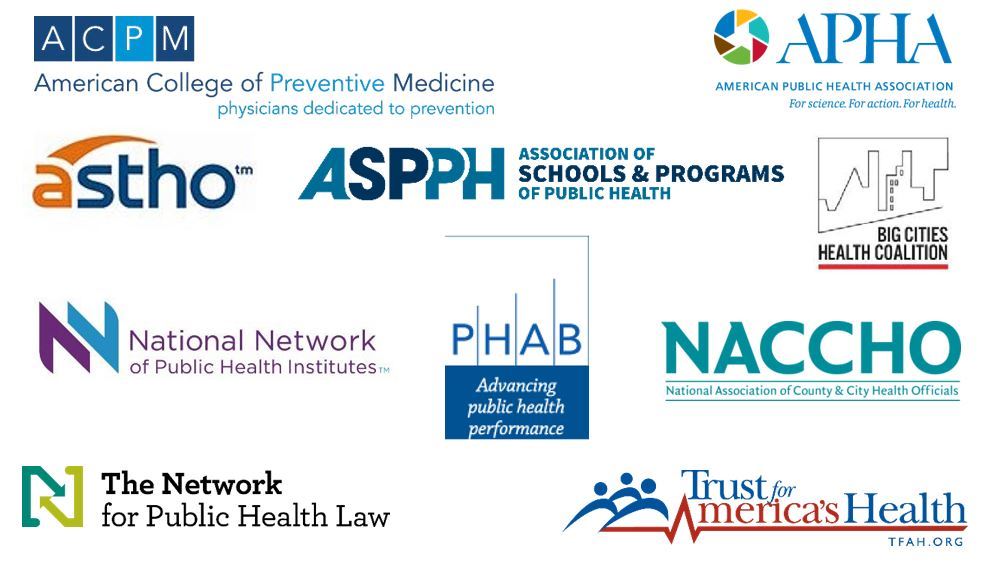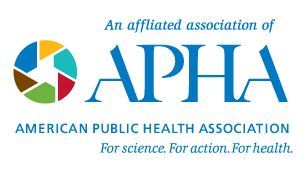
Dear Fellow Americans:
In this historic and unprecedented election season we expect to see a record number of voters casting ballots for candidates seeking national, state, and local offices. Whether you vote early, by mail or in person, or choose to visit your polling place on Election Day, election agencies across the nation are partnering with their state and local public health officials to make the process as safe and secure as possible so that every voice can be heard.
No civic task is more important than voting. Without question, the decisions you make on your ballot will have a direct impact on your health, the health of your neighbors, and the health of your states and communities. Did you know that at least 50% of our health is determined by the social, economic, and environmental conditions in the community where we live? Those conditions are impacted by policies supported or opposed by elected officials, which is why voting is critical to a thriving community!
Knowing your voting options and what you can do to vote safely will ensure that casting your vote during the pandemic will not compromise your health.
First, we urge all in-person voters to wear a mask and observe physical distancing recommendations. Voting locations across the country have made changes to allow voters more room to spread out while waiting in line. Many have made hand sanitizer or hand washing stations available to in-person voters. Election workers are cleaning high touch surfaces regularly, and some states offer single use items such as pens, cotton swabs, or finger cots, to limit your contact with public surfaces, depending on the voting technology in use.
Polling places also may offer guidance about the appropriate use of your own sanitizing wipes or cleansers when in the voting booth, as your personal sanitizers can damage sensitive surfaces or interfere with voting machines. Finally, if your state offers in-person early voting, we strongly recommend that you consider this option. Early voting will help you avoid crowds, save time, and reduce Election Day lines.
Voters who are ill or worried they might have been exposed to COVID-19 should contact their local elections office for information regarding their voting options. Many states offer curbside voting so that sick or at-risk voters can cast their ballots outdoors or from their vehicles.
HealthyVoting.org is a helpful resource featuring state-by-state healthy voting tips and other information. For official guidance, however, you should consult your state and local election officials.
Together, our ten organizations serve millions of people in all fifty states and the District of Columbia. We are state and local public health leaders, educators, physicians, and attorneys, among others, focused on ensuring a safe and healthy voting environment.
Whether you choose to vote by mail, to cast your ballot in person before Election Day, or to vote at your polling place on November 3rd, know that we all are working together to ensure your health so that you can confidently choose the government you believe will best promote and protect your health and the health of those around you.
Sincerely,
The American College of Preventative Medicine
American Public Health Association
Association of Schools and Programs of Public Health
Association of State and Territorial Health Officials
Big Cities Health Coalition
National Association of County and City Health Officials
National Network of Public Health Institutes
Network for Public Health Law Public Health Accreditation Board
Trust for America’s Health


 VtPHA is an Affiliate of the American Public Health Association (APHA).
VtPHA is an Affiliate of the American Public Health Association (APHA).